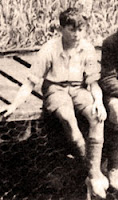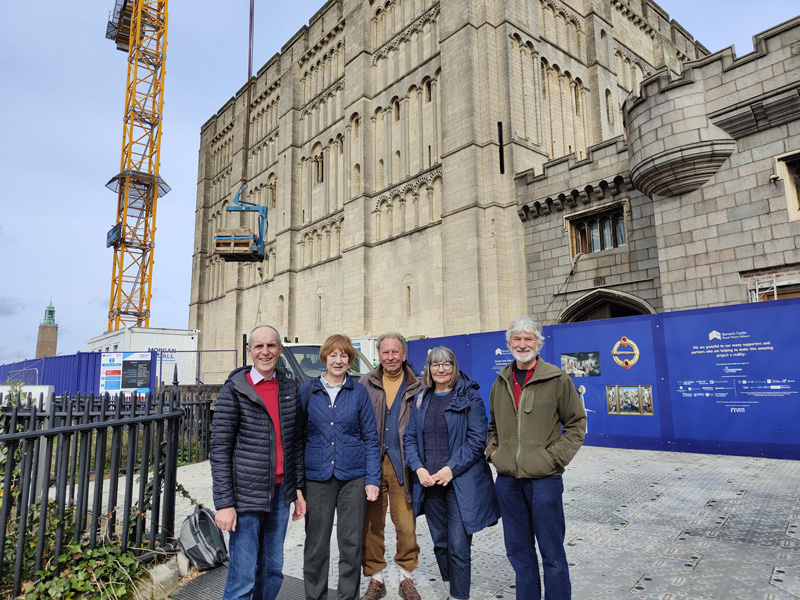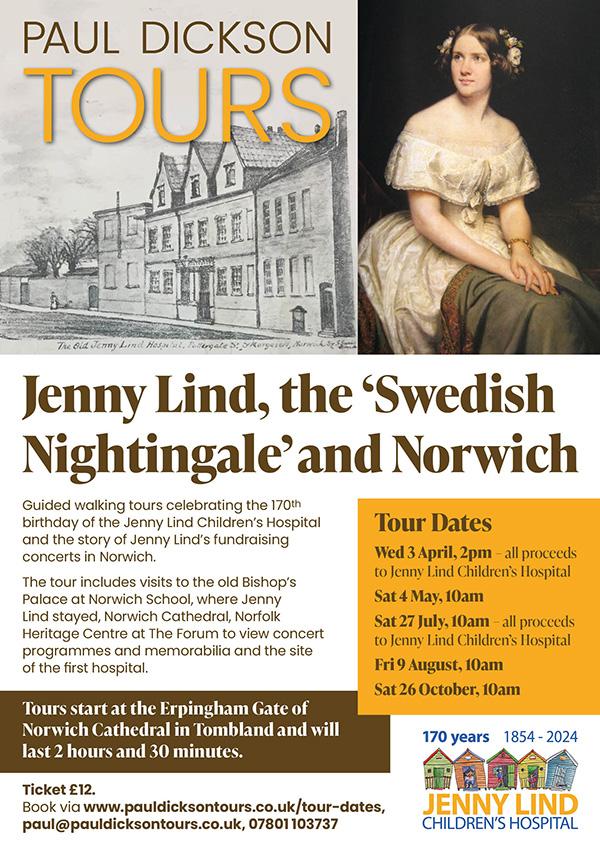Originally posted June 2007
During the past year or so there seems to have been an increase in the number of couples celebrating their sixtieth Wedding Anniversary. This must be due to the large number of couples who were waiting to be married as soon as the last war came to an end.
They were very difficult times for anyone wishing to get wed. The date for the Ceremony depended on when the Vicar was able to fit it into his busy schedule. It wasn’t unusual for a couple leaving the Church after their Blessing, to find the next Bride and Groom already outside the gate waiting to come in.
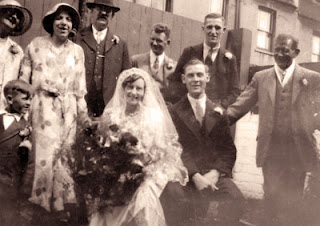 The photographs didn’t cause much of a delay. More often than not they were shot by a guest who had somehow managed to get a film for their old Box Camera. Only eight snaps could be taken from each roll of this. If a professional photographer was employed he would probably take about half a dozen different pictures or angles and these of course, would still be in black and white. However, you could sometimes negotiate a ‘package’ and have the best ones enlarged and then coloured by hand.
The photographs didn’t cause much of a delay. More often than not they were shot by a guest who had somehow managed to get a film for their old Box Camera. Only eight snaps could be taken from each roll of this. If a professional photographer was employed he would probably take about half a dozen different pictures or angles and these of course, would still be in black and white. However, you could sometimes negotiate a ‘package’ and have the best ones enlarged and then coloured by hand.
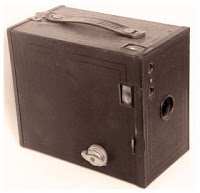 All women like to have an engagement ring of their choice but in those days it was a matter of taking what was on offer or waiting and hoping things would soon improve. The shops always had a few to choose from and most couples were fully aware of how far their money had to stretch if they were to pay for everything.
All women like to have an engagement ring of their choice but in those days it was a matter of taking what was on offer or waiting and hoping things would soon improve. The shops always had a few to choose from and most couples were fully aware of how far their money had to stretch if they were to pay for everything.
Many only had the Gratuity they were paid after being demobbed: The longer they had been in the Forces the more money they got, something like twenty pounds for every year served.
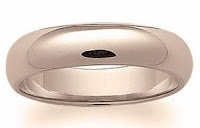 The Government made provision so wedding rings were no problem! Brides just had to decide which style they liked best. They were available either round or flat. Apart from that distinction, they were all Utility, five carat gold plated and cost three guineas each.
The Government made provision so wedding rings were no problem! Brides just had to decide which style they liked best. They were available either round or flat. Apart from that distinction, they were all Utility, five carat gold plated and cost three guineas each.
The local Baker was willing to make a cake but only if you were able to supply half a dozen eggs and any other ingredients he might want. All food and drink was in short supply but there were people able to cater for a moderate number. Their Wedding Breakfast consisted of whatever salad was available with perhaps ham, spam or cheese and fresh fruit and ice cream to follow. If you knew the right person, you might be able to get hold of a bottle of whisky and the local pub could usually manage a flagon of watery mild beer. Some Stores and Off-licences had Ruby wine and sherry for sale but you had to take your own empty bottles to be filled as it was delivered to them in barrels.
 With so many of their friends and relations still away lots of the weddings were rather quiet affairs. All arrangements were often left to the bride’s mother and family and the reception held at their home.
With so many of their friends and relations still away lots of the weddings were rather quiet affairs. All arrangements were often left to the bride’s mother and family and the reception held at their home.
The Groom had no problems about what clothes to wear. If he hadn’t yet been discharged he got married in his uniform. If he had, he was able to make good use of his ‘demob’ suit. The Bride was not so fortunate. All clothing was still rationed and it would take all of her coupons together with those of the rest of the family to fulfil just some of the needs for herself and any bridesmaid. Gowns could be hired but it was unlikely that the few available would fit or even resemble what was wanted. Nevertheless, they all managed somehow. It was not unusual for a wedding dress with head-dress and train to be passed around from one friend to another.
Not many were fortunate enough to have a honeymoon. Time and money were usually too tight and in any case there were not yet many places, other than expensive hotels, where they could go. Just a three-day weekend leave was often all that those waiting to be demobbed were granted for their wedding.
As soon as all the celebrations were behind them their main concern was where to live and what essential furniture they could get with the points they were allocated. Any further necessities would have to be bought from a Second Hand shop. Presents couldn’t help much. Without coupons there was very little available in the shops. Their name would be added to the Council waiting list for a house but even with the proposed ‘pre-fabs’ there was little hope of getting a place of their own for at least two years.
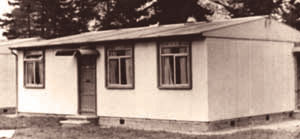 If however a child was born in that time it would give them priority and their name would automatically move up the list. In the meantime, a large number of newly weds were obliged to move in anywhere they could get and share accommodation.
If however a child was born in that time it would give them priority and their name would automatically move up the list. In the meantime, a large number of newly weds were obliged to move in anywhere they could get and share accommodation.
Although there were many problems to face at this time of uncertainty, couples still flocked to the altar to ‘tie the knot’. Perhaps, after years of having to live one day at a time they were anxious to settle down as quickly as they could.
The only problem that young men and women of today are likely to experience in common with their great grandparents, is a shortage of money. In those days you could only spend what you had, whereas now, there are abundant facilities everywhere to borrow however much is needed. The question is, can they afford to do so?
Although getting married can be a very expensive thing to do there must be something more than just the cost responsible for the sharp drop in the numbers of young people following this age old custom.
Perhaps, with many women now doing an equal job and the same hours as men there’s some financial benefit to be had if they remain single. Or is it just a reluctance to give up their independence and take on the responsibility of a family unit?
If they were to speak with one of the couples celebrating their Diamond Anniversary they might learn that there is no other way to experience and enjoy the benefits derived from a devoted lifelong companionship.
valley lad – [FOURTEEN]
